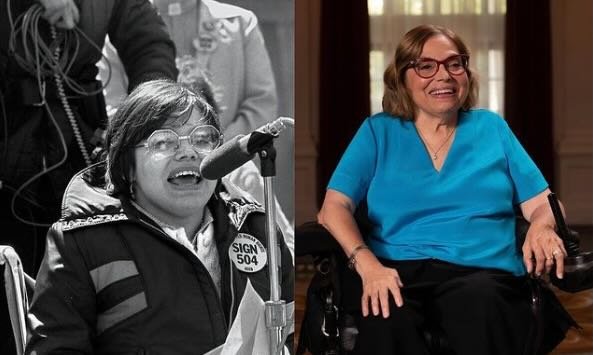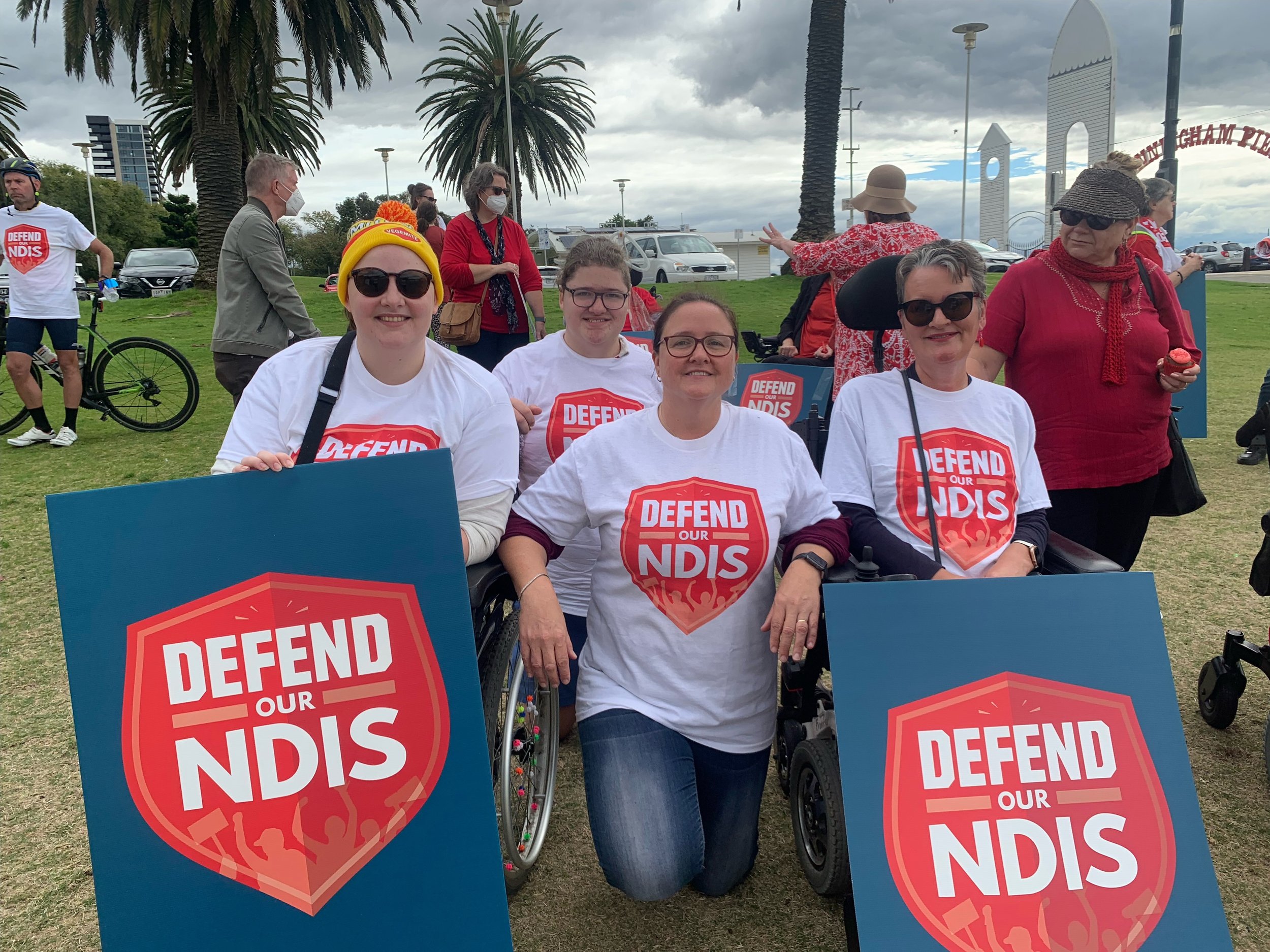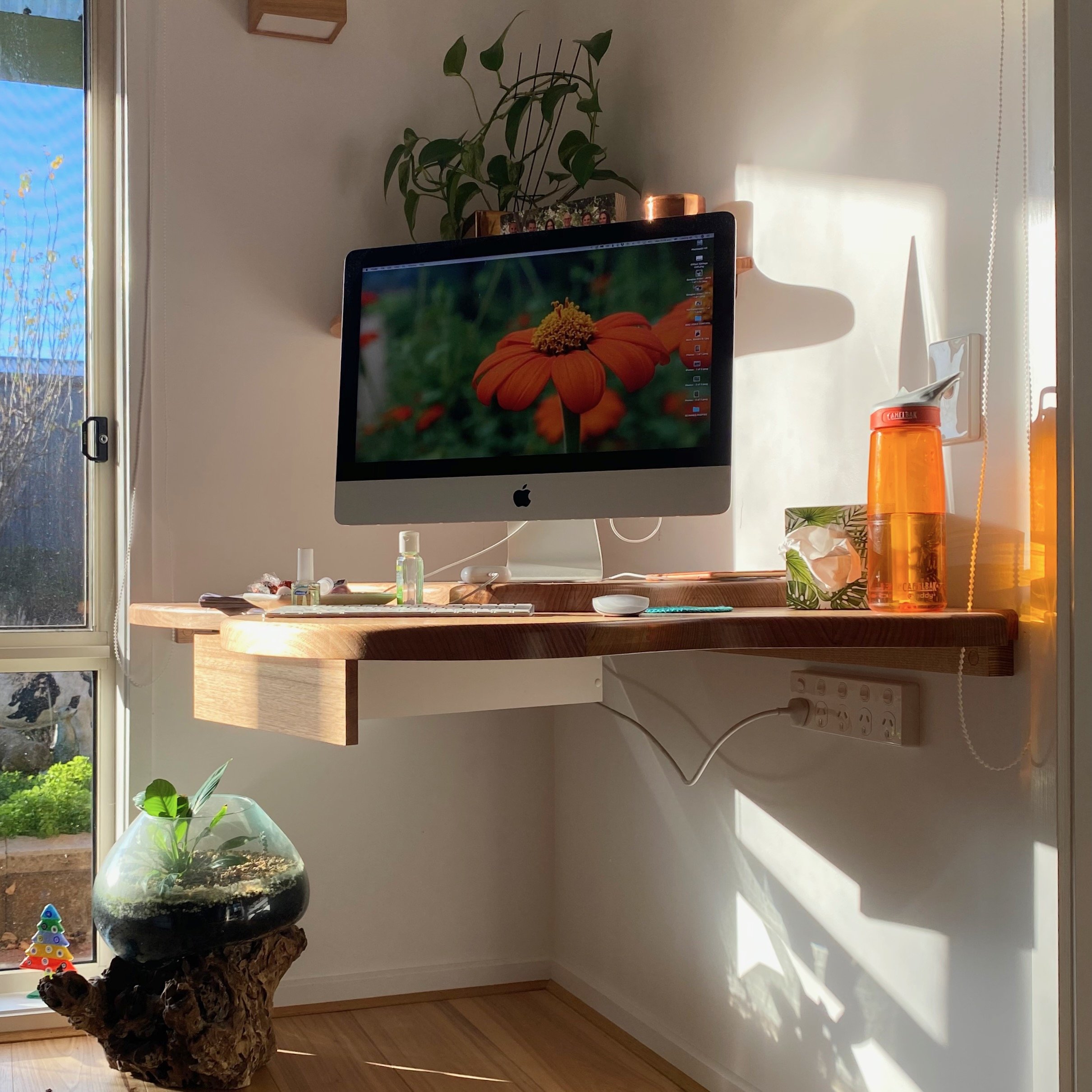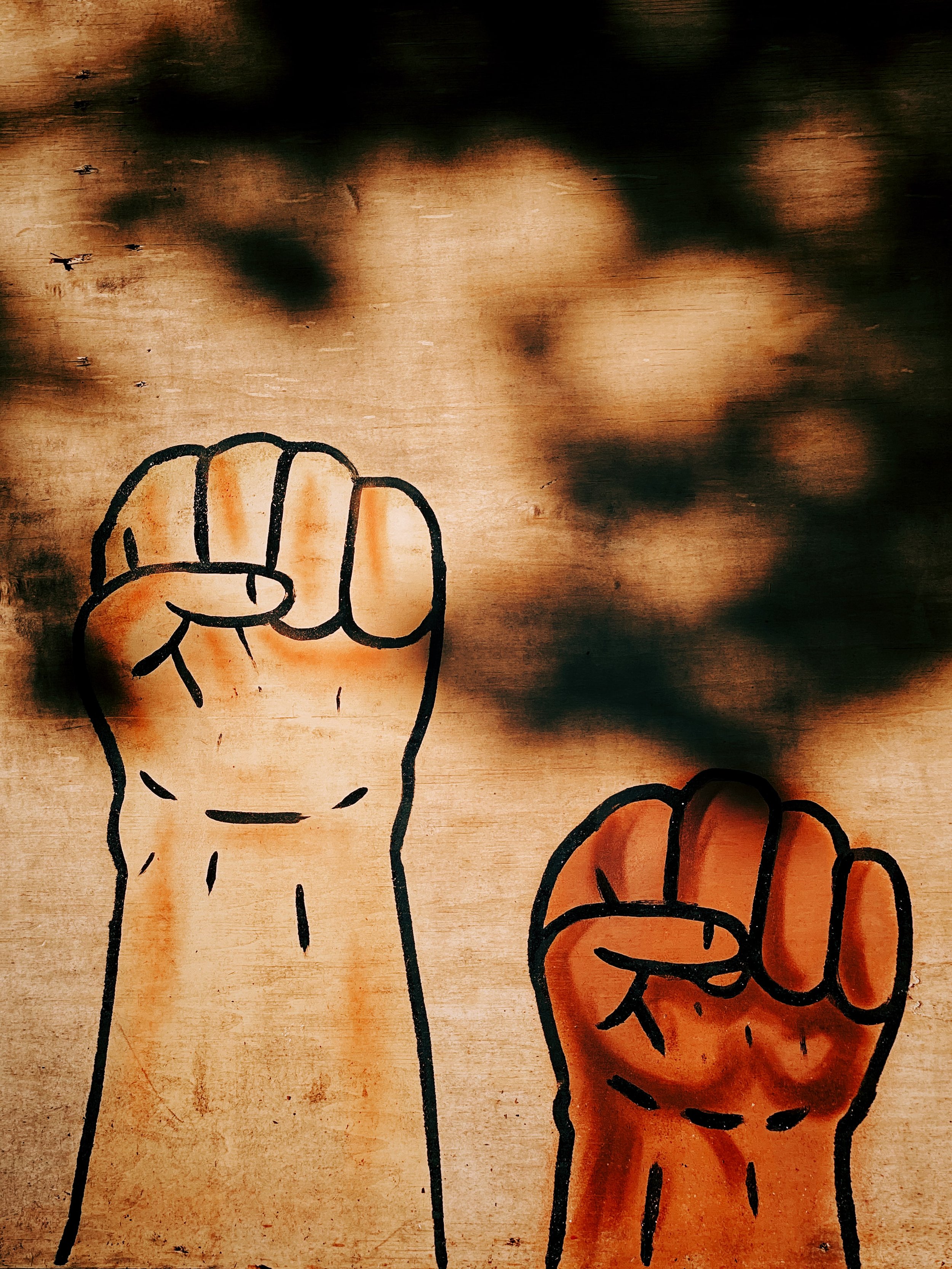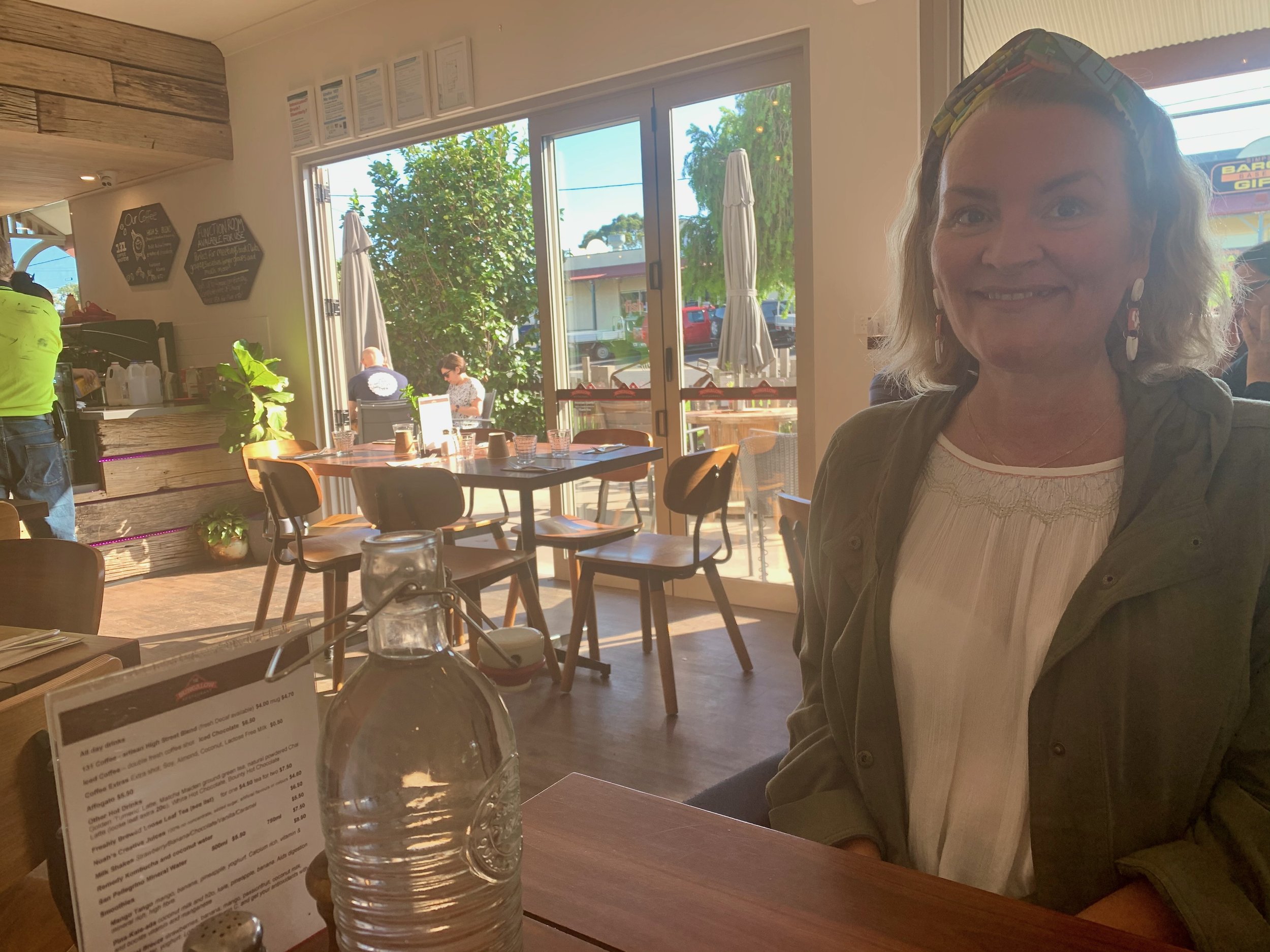MY BLOG
Sharing inclusivity and accessibility as a disabled woman with Limb Girdle Muscular Dystrophy
Sign up to receive email updates on my accessible travels and other journeys
Did you know ?
I was surprised recently to learn that If you have a disability and use a wheelchair or similar mobility device and use a modified vehicle you may be eligible for a 100% discount on your annual vehicle registration fee. This is my latest bureaucratic Journey.
Honouring Courage: How Civil Rights Impacted Disability Equity
This must-see documentary called Crip Camp provides compelling insight into the American civil rights movement as it relates to people with disabilities, which influenced the birth of Australia's disability discrimination laws.
NDIS - Our Scheme, Our Voice*
For some time, I’ve wanted to write about my experience as a participant of our National Disability Insurance Scheme (NDIS)). If I had shared my views in 2019, twelve months after I started on the scheme, I would've been full of praise.
Equity would be a real blessing
Pre-election, former Australian Prime Minister, Scott Morrison made his now infamous and controversial ‘blessed to have non-disabled children’ statement. I’m a disabled woman. But I get it.I might have said something similar 30 years ago as an able-bodied woman.
Five reasons you should be employing people with disability
Whether you are in retail or hospitality finance or construction, there are many compelling reasons why you should be actively hiring people with disability. And in these post-pandemic times, with less available Visa workers, this is more pertinent than ever.
LGMD, Disability and Advocacy
Eventually, I realised that I wasn’t sharing everyday experiences in the same way as I used to with my friends and family, I was entering a community previously unknown to me. The disability community and all the inequities that comes with it.
Unconscious Bias
Enjoying an outing today are we? This was a question I was asked when at my local garden centre recently. One small comment but one huge indictment on society’s perceptions of disability.



